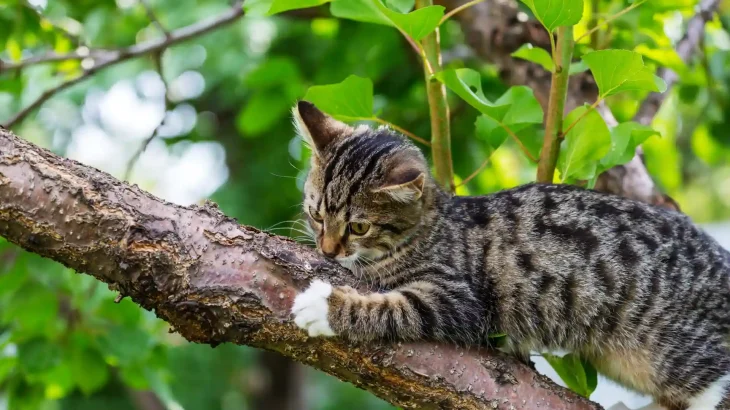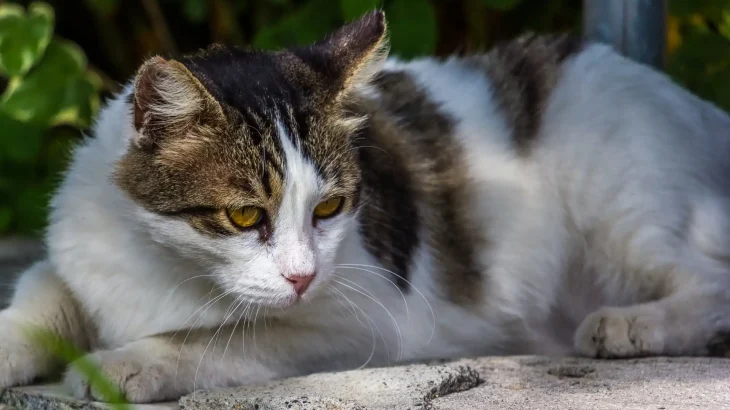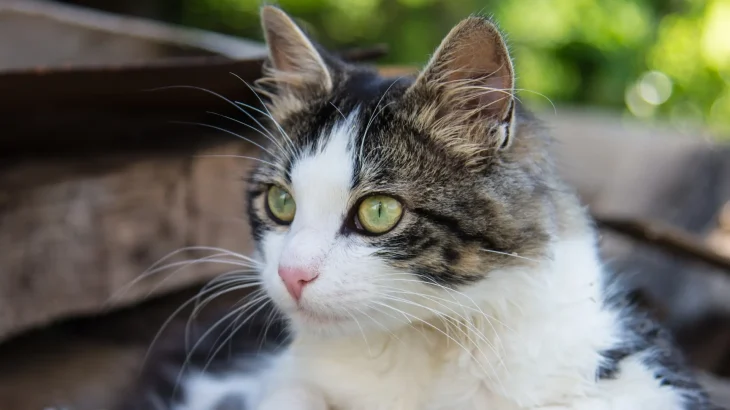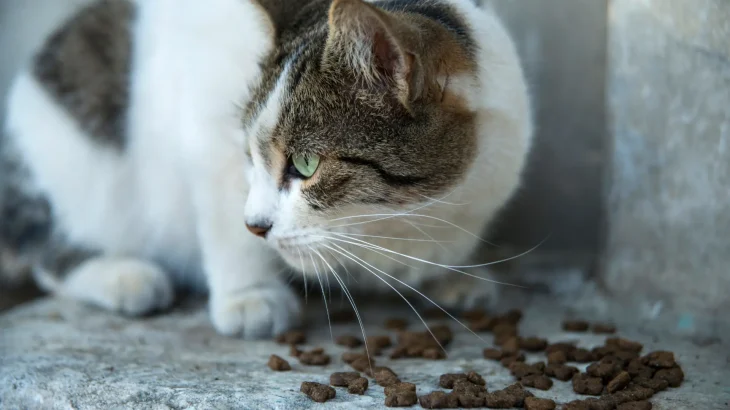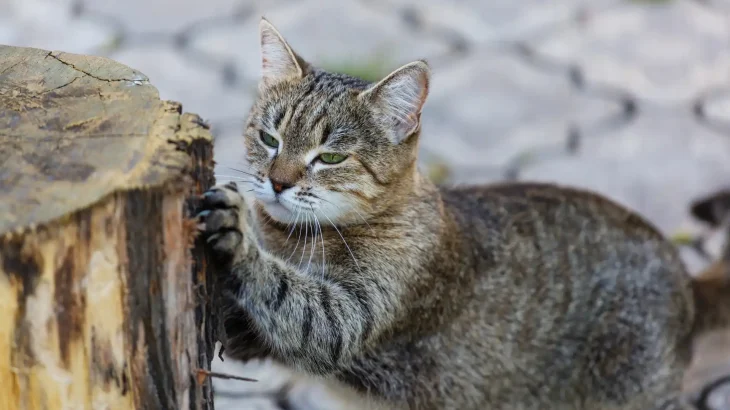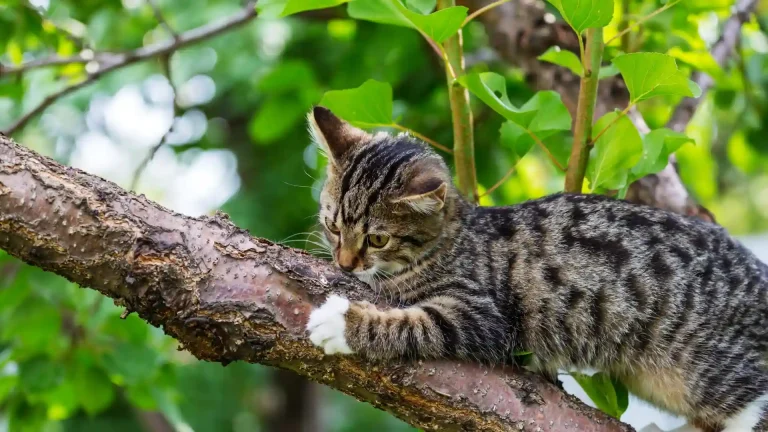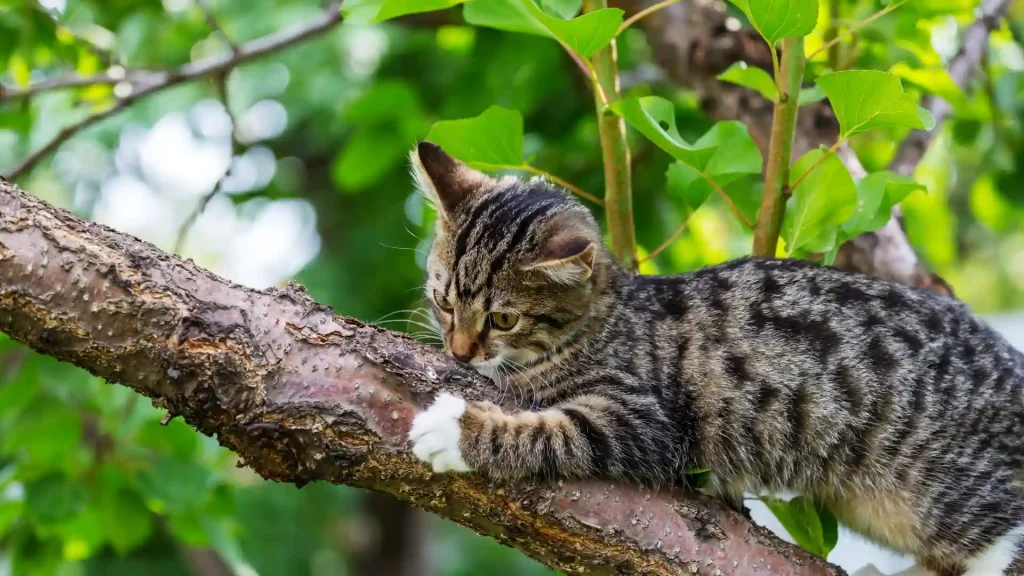When deciding to welcome a Cyprus Mountain Cat kitten into your home, you face the choice of adopting or purchasing. Each option offers distinct advantages depending on your priorities like health assurance, cost, and ethical considerations, especially given the breed's specific needs and rarity.
Adoption vs. Breeder: Pros & Cons
| Criteria | Buying from Breeder | Adopting from Shelter/Rescue |
|---|---|---|
| Cost | Often higher upfront cost due to breed rarity and pedigree documentation. | Generally lower fees; may be more budget-friendly. |
| Health History | Comprehensive health records and genetic screening usually provided. | Health history may be limited or unknown, but basic vet checks are performed. |
| Age Availability | Mostly available as young kittens, ideal for raising from an early age. | Varied ages including adult cats, offering more flexible options. |
| Temperament Insight | Breeders often have insight into lineage temperament traits and early behavior. | Shelter staff can share behavior observations, but background may be incomplete. |
| Supporting Practices | Supports ethical breeding programs that preserve breed standards. | Contributes to animal welfare by providing homes to cats in need. |
| Breed Purity & Pedigree | Confirmed pedigree and breed purity with documentation. | Breed purity often uncertain; pedigree usually not provided. |

